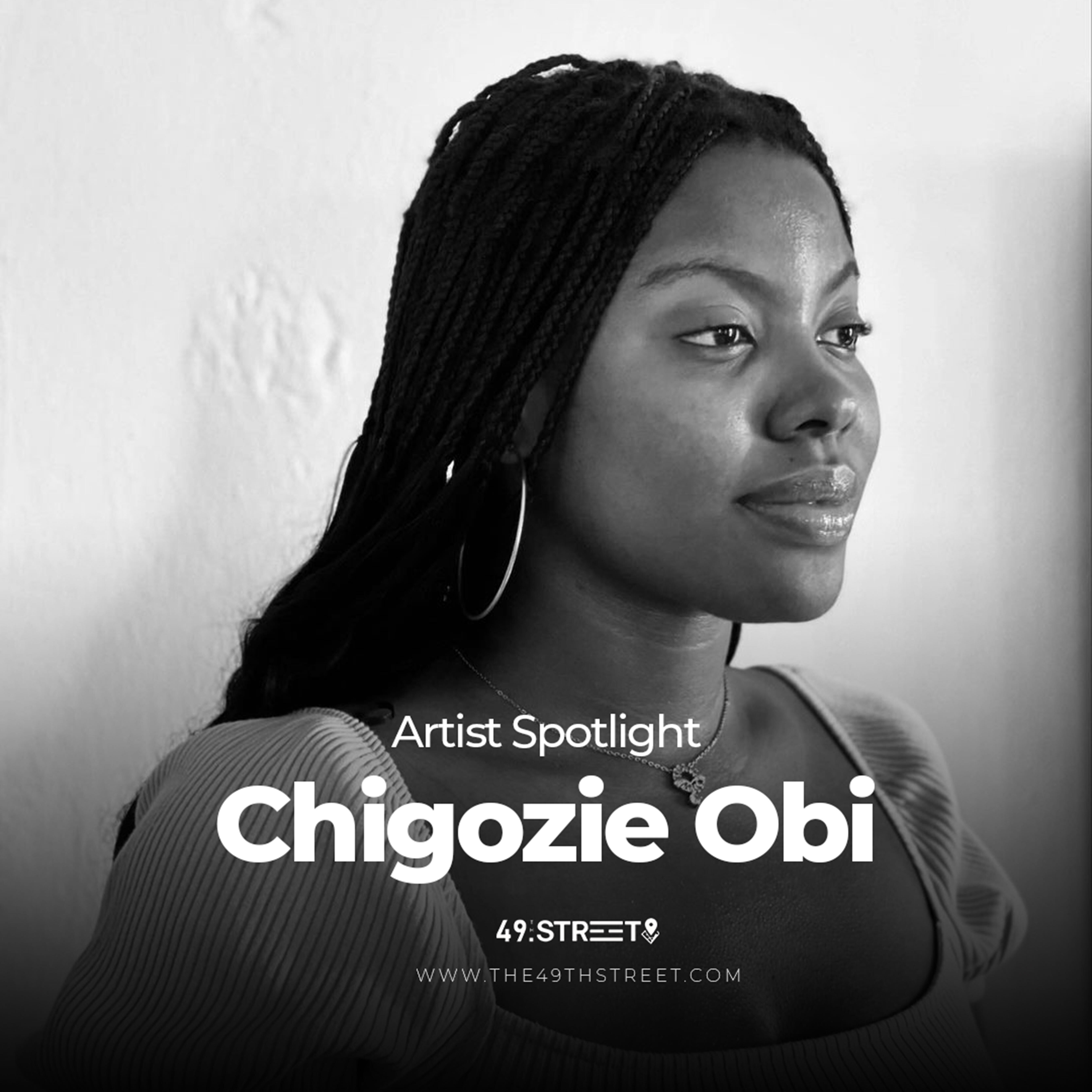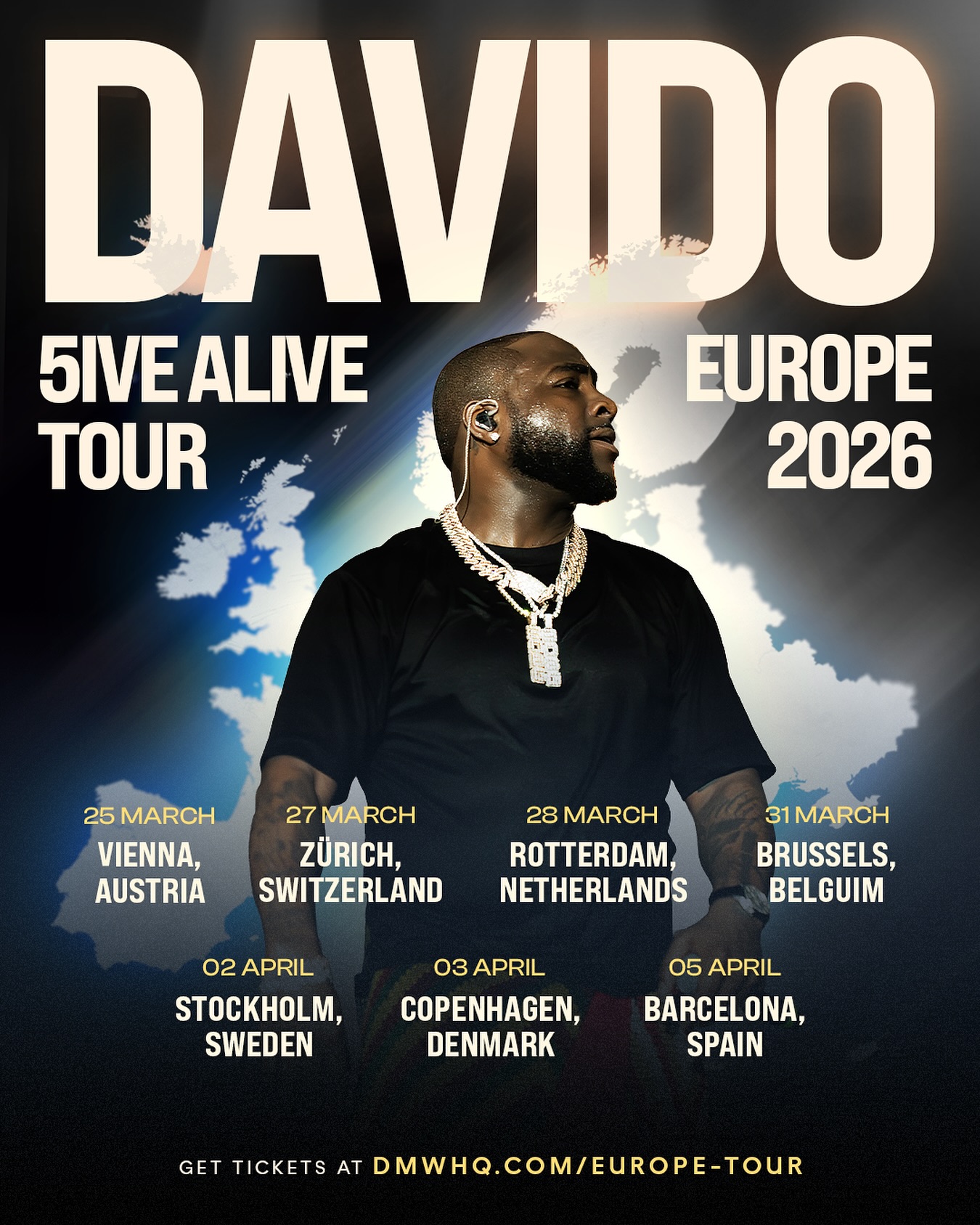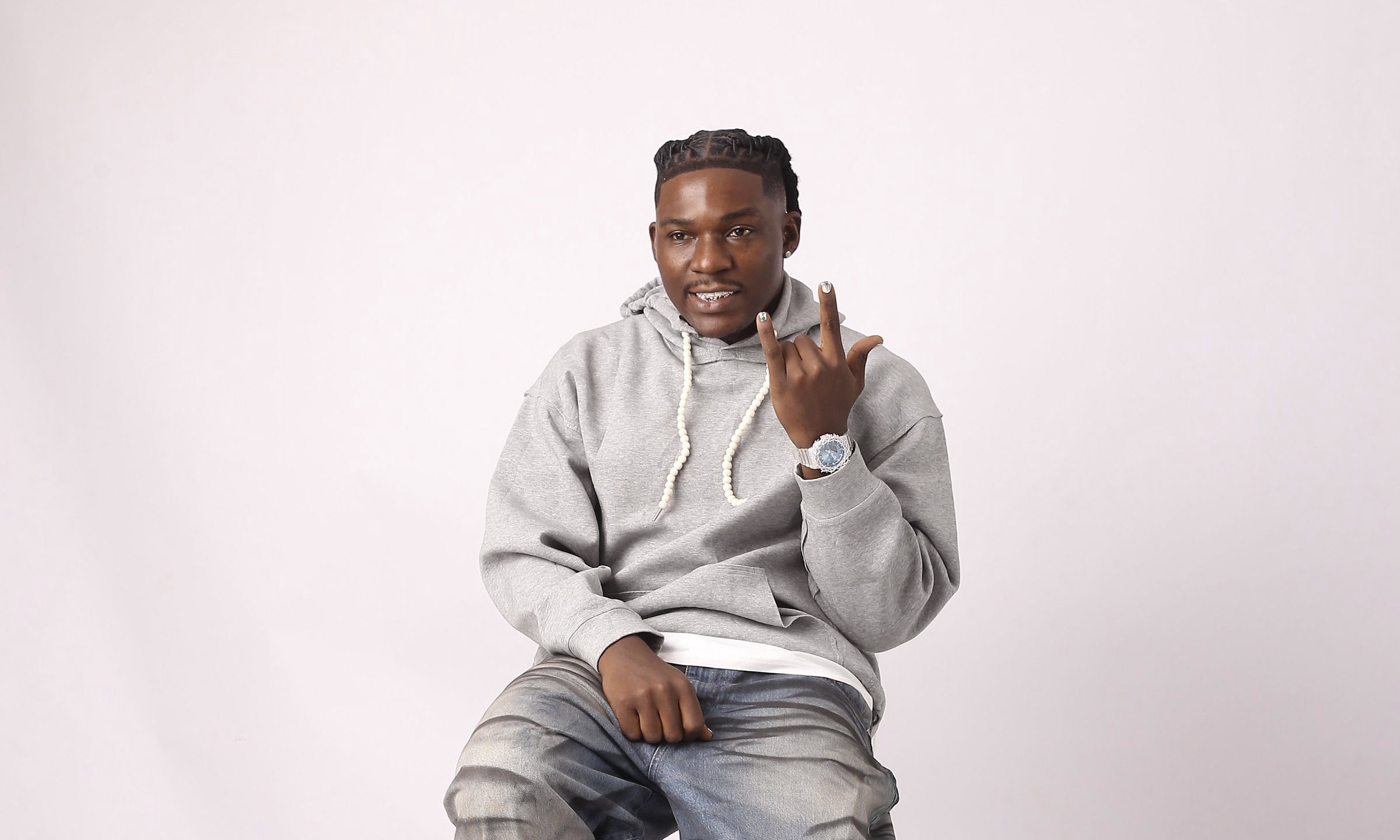by Sophia Afolayan
I spoke to Chigozie Obi about African Art, personifying African Art as a woman, and her place in the African art space. It was an insightful thirty minutes. Enjoy!

There is a common problem with navigating art as your source of income, hence the joke in music where people say a song is “not for the charts, but for the arts.” How do you balance creating art for self-expression while responding to the commercial demands of the art market? How do you successfully strike that middle ground?
Well, I make different types of art and use different mediums; I make traditional art, digital art, photography, and more. You would find that most of the time, my traditional art addresses deeper issues and the complexities of our society. You can still find those elements in my digital art, though my digital art is… let me say, my more public side.
I’d say my digital art is more commercialized, as I do not necessarily market my traditional art. If one would like to buy it, they would probably have to ask me or go to a gallery or something. I have found some mediums to be more commercialized than others. But generally, authenticity drives my art, unhindered by monetary concerns. If money is the goal for you as an artist, all is well and good. I mean, sometimes financial considerations may impact my work, but I always strive for balance.
Do you think this is a mindset that every artist can afford to have? Do you think it objectively helps the art be better? The stance you occupy is the optimal perspective from where I’m standing. So, do you think this is a mindset that every artist can afford to have, or do you think it is a matter of circumstance?
I think it just really depends on how it’s managed. The thing is that some people, though they are money-driven, their art is still amazing and high-quality, from messaging to visuals. They just understand how to strike the balance. There are circumstances, of course; some artists cannot afford to not make money all the time from their art.
Sometimes money makes people jump on different trends, and I feel like it reflects in the art for some people, and not in a good way. Sometimes, some artists jump on trends and they go through with it seamlessly, to the point where people don’t even think about or perceive the art that way. So I do think it depends on the artist, really.

How would you say, as an African artist, that African heritage and influence have affected your creative process and the themes in your artwork? How much is African culture reflected in your work, or is it a concept you do not exactly centre on?
I don’t know if it influences it in a whole sense, but it definitely does come into play in my work. For example, I am Igbo. One thing that you would find here and there in my work is that it is titled in Igbo or Ndebe* script on them-Ndebe* imprinted on my framed works, which is a form of Igbo writing. You could also find some nsibidi and all of that in my work. I do like to add things like that so that it has a piece of where I am from, as I feel it is my identity as well.
Sometimes, my work discusses current events, so you will see things about the elections, Nigerian politics, and all of that. So yes, my work definitely features African culture. I think it is an important part of me, and when my work is put out there, people see my identity and have a glimpse of who I am, as well.

Your work is very women-centric. It is very obvious that you are passionate about the existence of women, especially Nigerian women. As far as I have seen in your art, even in your Vogue feature interview, women have been a consistent theme. So, what inspires the constant presence of women in your work?
My work is inspired by my daily and personal life; my community. As a woman, there are so many things that I went through right from when I was young; there were things that I have always fought back on. My work is basically a reflection of that. Also, I am a feminist, so that aligns with my work, as my art is an avenue to share my thoughts and reach a wider number of people as well.
I go through a lot of things, and I see women go through things around me, which I share through my work. My work is very connected to my person and to the things that I am passionate about. In presenting women, I have also had to capture them in a place of…being—particularly black women.
In as much as there is so much to talk about when it comes to the bad things, I find it important to also put forward the normalcy of being. For me, it is an important perspective to share.

Africa is in a place where, worldwide, our art is getting more accepted—the visuals, the music, the books. Your work bridges the gap by platforming the perspective of African women, especially ‘rebellious’ African women, and I think that is amazing.
Thank you so much.

So, on that note, what challenges have you faced that are unique to African female artists, and how have they shaped your creative journey?
First off, as an African artist, access to materials is a major issue. In Nigeria, the materials are limited compared to stores abroad. Factors like the conversion rate and expensive shipping make some basic items unaffordable here but within reach abroad.
For example, lino, a type of print material that you can carve and paint with, is not readily available in Nigeria. The first time I worked with it, I had to use shoe leather. When I travelled abroad, I realized that lino is a simple material that should be easily accessible. Still, even when available here, it is so expensive due to conversion rates and shipping costs. This also applies to shipping your work abroad, which is really expensive.
As a female artist, I think it’s a matter of people not taking you as seriously as they would a male artist. When I first started building an online presence, I wasn’t posting my face. So many people thought I was a guy. They said, “My work was so strong they thought it was a man creating it.” Strong in a complimentary way, but it wasn’t a compliment—they were surprised when they found out I was a woman. I literally heard someone say they thought I would be painting “butterflies and flowers,” which I don’t even think is a bad thing. The way he said it was just… condescending.
People just expect less from you as a female. They think that female artists with careers will get married, and then that career is over. We know how marriage in Nigeria is seen for women as important, and so people are scarcely willing to give female artists a chance.
People are not quick to think that even if you do get married, it should not stop your career. They don’t approach it with a mindset of thinking forward and changing the way things are. Then there are men who want to connect with you for their own pleasure and do it under the guise of wanting to buy your art. It is annoying to go through because this is a reputable job that they are using as a means to oppress women.

I think because of creatives like you who chase their artistic dreams and keep their femininity, things will evolve. It might be slow because of the society we live in, but it will happen. Could you share a memorable experience that has impacted your growth as an artist?
An experience that’s significant to me… I feel like I always reference it, but when I won the Access Prize, that was one of the significant moments. There was a big prize and all of that. It was one of those moments where I was like, ‘Oh. I actually got it.’ It felt like a big deal.
It WAS a huge deal! There was an announcement for finalists and everything!
Exactly, it was a big deal. So, I think from there, it was upward. I was applying for things, and I’d get them. It was a validating moment. Now, when I have shows and people speak to me about my art and how it has touched them, it is also a very validating moment for me. The fact that it got them to talk to me and tell me how it impacted them is a huge validation.

Do you ever incorporate African techniques into your work? Is using African art forms to create your own art something you dabble in?
Well, I’m not sure. I think not so much, honestly, but it is on my list of things to explore. Actually, I don’t know if this counts, but I sometimes use fabrics like Ankara as elements in my work. I guess that could count.
Thank you so much for these thirty minutes you’ve given me. And for your earnest, detailed answers, too!
Thank you for having me!





